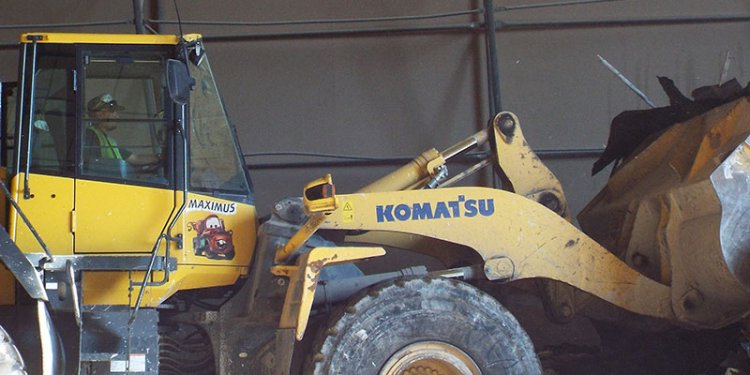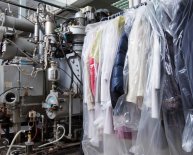
Hazardous Waste Disposal Everett
Oil and gas products are toxic and may cause damage to the environment. Follow these guidelines to ensure that oil and other toxins from your boat do not leak into the water.
- Keep your engine tuned. Regularly check fuel and oil fittings, hydraulic lines, and engine seals and gaskets. Fix all fuel and oil leaks. If possible, secure a drip pan under the engine. Keep the bilge area as dry as possible. Never drain engine oil into the bilge.
- Soak up any bilge oil with OIL-ABSORBANT PADS OR PILLOWS. These inexpensive items, available at most marine supply stores, absorb oil but not water. Tie the pads or pillows in place so they won’t interfere with machinery or block the bilge pump intake.
- Replace bilge pads and pillows before they become fully saturated with oil or when they begin to float low in the water.
- If the bilge needs cleaning, put absorbent materials in the bilge to soak up and remove any oil. Then, pump bilge dry and use a rag to wipe down bilge area and equipment. In cases of severe bilge oil contamination, bring vessel to a haul-out facility where bilge water treatment is available.
- DO NOT USE DETERGENTS OR BILGE CLEANERS. The only proven environmentally safe method to remove oil from water is the use of absorbent materials. Many bilge cleaners rely on detergents that are toxic to the marine environment. Detergent-based cleaners do not remove oil from bilge water, they simply disperse it into tiny invisible droplets, adding harmful contaminants to bilge water. Detergent based cleaners may also make absorbent pads ineffective. Despite the advertisements, bilge cleaners that use enzymatic cleaners often do not work fast enough to remove oil from the water.
- Fuel with care! Never walk away while fueling and be careful to avoid overfilling tanks. Use an absorbent pad every time you refuel to mop up any small drips, spills or splashes.
WARNING: Oil and gas products, including gasoline, diesel, hydraulic fluids, are TOXIC to marine life. Small spills from fueling or bilge pumping can accumulate to harm the quality of our water and our commercial and sport fisheries. Skin contact with petroleum products and inhalation of vapors are also HARMFUL to humans. Oil and gas products are FLAMMABLE. Gas vapors are heavier than air and get trapped in low areas. After fueling, ventilate the bilge for five minutes before entering or starting engine.
How to dispose of used Bilge Pads
- OIL IS TOXIC. Wear protective gloves when handling oil and fuel soaked pads and pillows.
- DISPOSE of used pillows as a household hazardous waste whenever possible. Ask your marina office, your country’s solid waste department, or your state’s hazardous waste hotline for collection sites and schedules.
- If hazardous waste collection is not available, wrap the used pad or pillow in newspaper and then place in a plastic bag. Tie the bag securely and discard in the garbage.
- Absorbents with oily wastes are subject to spontaneous combustion and combustion from external heat sources. If you cannot dispose of oil-soaked materials immediately, store small quantities on-shore in a covered metal container in a well-ventilated space away from ignition sources. Do not accumulate used absorbents; dispose of them as soon as possible.
Questions? Contact:
In Washington: Sea Grant, Department of Ecology, Northwest Marine Trade Association, Puget Soundkeeper Alliance, State Parks and Recreation, U.S. Coast Guard Sea Partners, Hazardous Waste Hotline: 1-800-633-7585In Oregon: Department of Environmental Quality, State Marine Board, Pacific States Marine Fisheries Commission, U.S. Coast Guard Sea Partners.
REPORT SPILLS: 1-800-OILS-911 and 1-800-424-8802

















